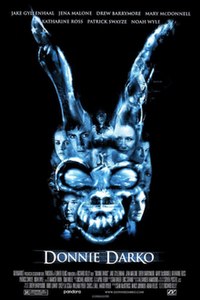Lists






6 Books
Books to get hold of
Sort by:
Recent Desc
Recommended books or ones I want to read that I don't have yet
Liked by
More lists by Ian James



Movies to watch
Films I want to see (again)
December 2022
0
@ijandkj1



Bands, DJs and artists I've seen live
Nostalgia-fest - music I've seen live in my lifetime
September 2022
0
@ijandkj1



Games to try/carry on with
Games I have or want to get hold of
March 2022
0
@ijandkj1



Books to read
List includes: Watchmen, Restless, Freakonomics: A Rogue Economist Explores the Hidden Side of Everything
April 2025
0
@ijandkj1



books I've read
Books I've already read
April 2025
0
@ijandkj1



Books on the bookshelf
Books I want to read and have already
February 2023
0
@ijandkj1



TV to watch
Programmes I want to watch
a few days ago
0
@ijandkj1


podcasts to listen to
List includes: Song Exploder, The Horne Section Podcast
a few months ago
0
@ijandkj1